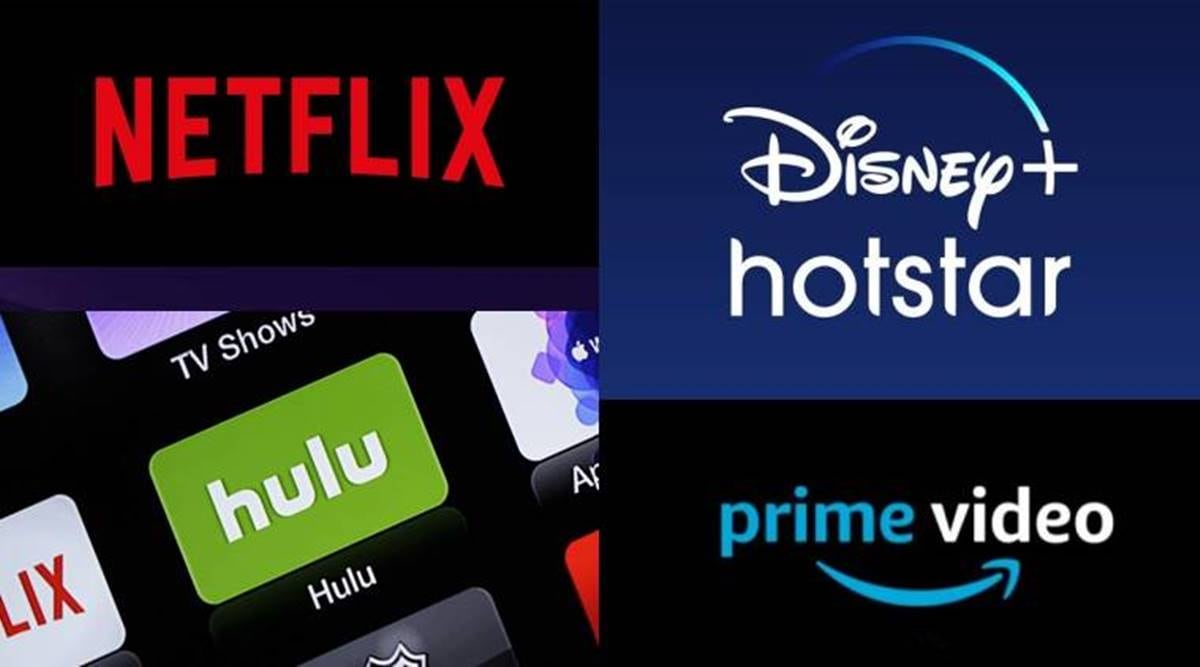Introduction: In today’s fast-paced world, entertainment plays a crucial role in our lives, serving as a source of relaxation, escapism, and enjoyment. Over the years, the realm of entertainment has undergone remarkable transformations, driven by technological advancements and evolving consumer preferences. This article explores the evolution of entertainment, highlighting the innovative trends and immersive experiences that have reshaped the way we seek amusement and engage with various forms of media.
- The Digital Revolution: The advent of the internet and digital technologies has revolutionized the entertainment industry. Streaming platforms like Netflix, Amazon Prime Video, and Disney+ have transformed how we consume movies and television shows, enabling on-demand access to a vast library of content. The rise of digital music platforms such as Spotify and Apple Music has disrupted the traditional music industry, granting listeners personalized music experiences and access to an extensive catalog of songs.

- Gaming: A New Era of Interactive Entertainment: The gaming industry has evolved from simple pixelated games to immersive, realistic experiences. Technological advancements, such as virtual reality (VR) and augmented reality (AR), have taken gaming to new heights, offering players unprecedented levels of immersion. Esports, competitive video gaming at a professional level, has gained immense popularity, with tournaments attracting millions of viewers worldwide. Gaming has become a significant part of entertainment culture, transcending age and demographics.
- The Rise of Social Media and Influencer Culture: Social media platforms, including Instagram, YouTube, and TikTok, have transformed the way we engage with entertainment. Influencers and content creators have emerged as the new stars, leveraging these platforms to share their talents, entertain audiences, and build dedicated fan bases. The democratization of content creation has allowed individuals to showcase their skills, whether it be comedy, music, or art, and gain recognition without traditional gatekeepers.
- Immersive Experiences: Virtual Reality and Beyond: Advancements in technology have paved the way for immersive experiences that blur the line between reality and entertainment. Virtual reality (VR) and augmented reality (AR) have found applications not only in gaming but also in fields such as education, tourism, and live events. VR headsets allow users to explore virtual worlds, attend concerts, or visit historical landmarks without leaving their homes. AR enhances real-world experiences by overlaying digital information onto the physical environment, creating interactive and engaging encounters.
- The Power of Streaming and On-Demand Content: Traditional television networks and movie theaters are facing competition from streaming services that offer a vast selection of on-demand content. The convenience of streaming platforms has led to a shift in consumer behavior, with binge-watching becoming the norm. Original content produced by streaming services has gained critical acclaim, challenging the dominance of traditional studios and networks. The availability of niche content has also allowed for diverse representation and storytelling.